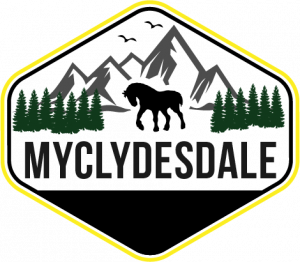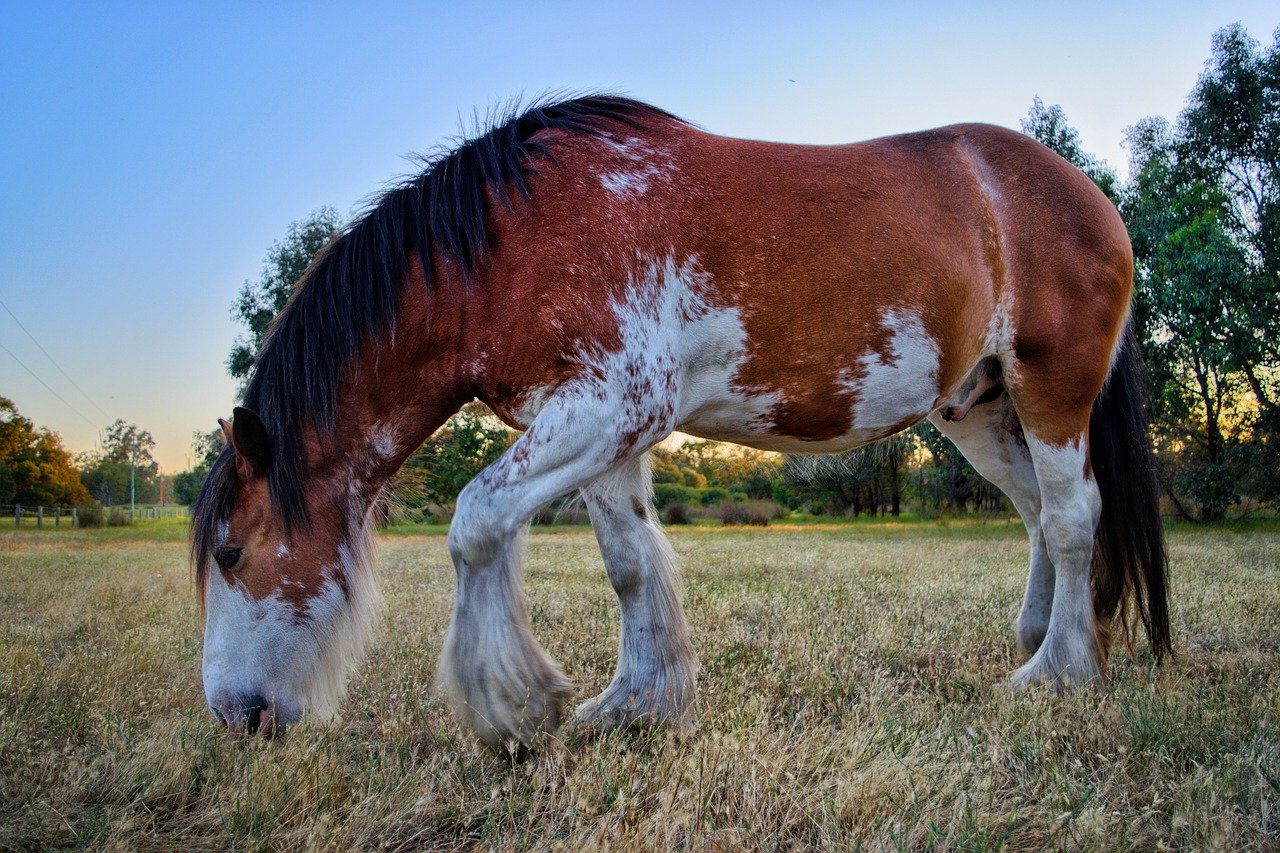If you’re wondering what food could harm your Clydesdale horse, then you’re in the right place. Well, being a horse owner, you’re obviously keen to offer a cooling treat to your four-legged friend! But it’s important to make sure which Clydesdale food is healthy to feed your horse. When you feed them the wrong thing, it can cause them a lot of discomfort and pain. Also, it can cause irreversible harm to their digestive and urinary systems. In extreme cases, it leads to fatality.
It’s also best to adhere to a daily feeding schedule when feeding your Clydesdale or horse and to make your horse’s diet mainly consist of grass or hay. It’s reasonable to give your horse a treat now and then, whether it’s as a tribute to good work or even as a way to help your Clydesdale stay cool in the summer.
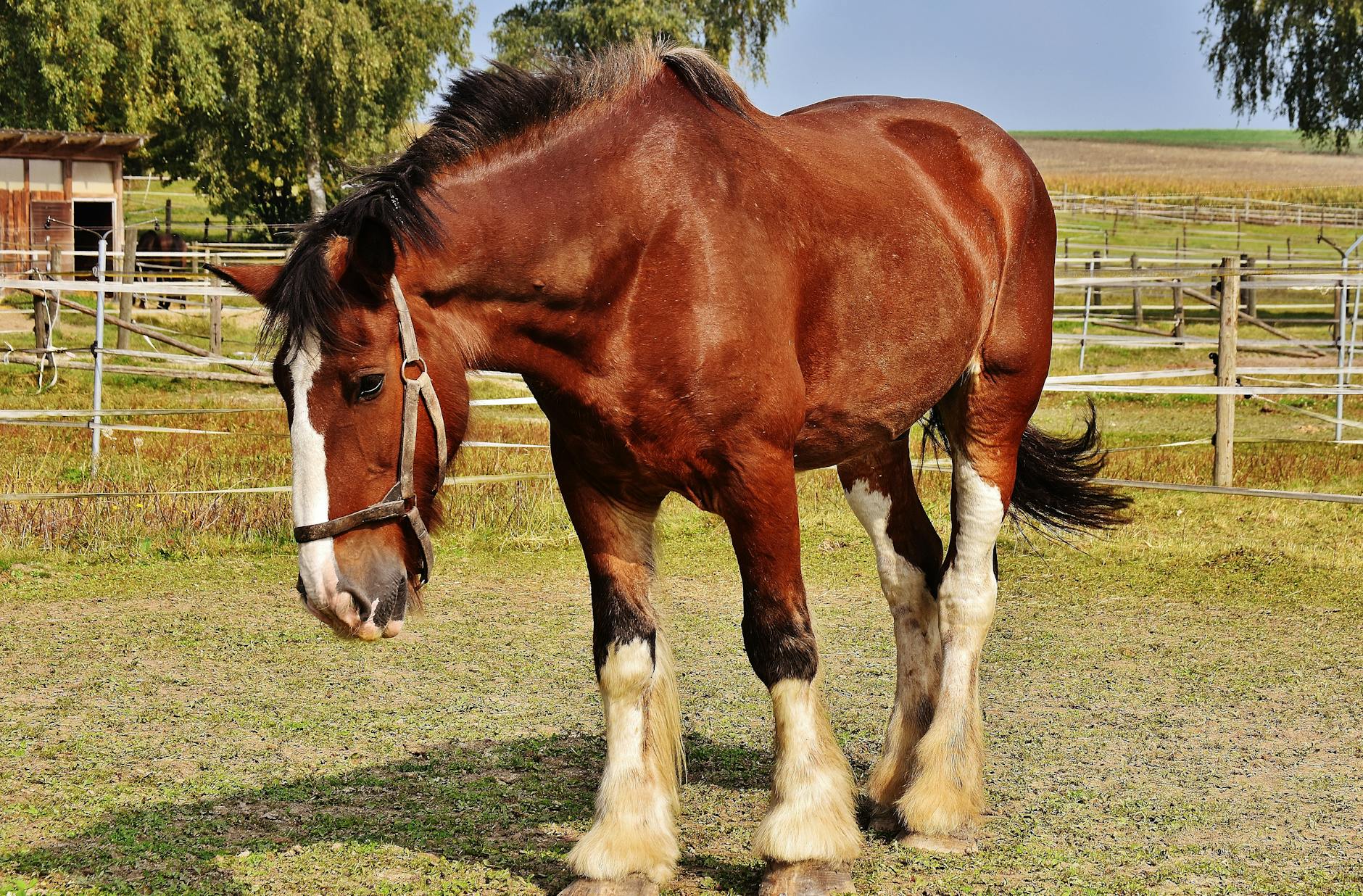
Still, without the appropriate knowledge of feeding, you might end up giving your horse unhealthy treats and causing diseases like colic, loss of muscle strength, breathing distress, diarrhea, and some other life-threatening problems.
Complications May Happen Due To Improper Clydesdale Feeding
Improper horse feeding may lead to severe illness or conditions. Some examples include colic, choke, and laminitis. When a horse is severely affected, colic, choke, and laminitis could be life-threatening. Medical treatment must require treating those conditions. While not life-threatening, some disorders may have significant implications for a horse’s long-term well-being and soundness.
may lead to severe illness or conditions. Some examples include colic, choke, and laminitis. When a horse is severely affected, colic, choke, and laminitis could be life-threatening. Medical treatment must require treating those conditions. While not life-threatening, some disorders may have significant implications for a horse’s long-term well-being and soundness.
1. Horse colic
Horse colic itself is not a disorder but rather a description of the signs associated with abdominal pain. This may occur due to any number of digestive upsets, from slight bloating to life-threatening impacts due to excess intestinal gas.
The most common cause of colic is a change in diet, either a planned change that happens too suddenly or an unexpected change, unlike a horse that comes out of its barn or paddock and ingests unfamiliar plants. But colic has several other possible reasons, including water insufficiency, erratic feeding schedule, stress, and infection. Because the horse is unable to vomit and has little ability to detoxify toxic substances, anything that upsets the horse needs to pass through the digestive system to be removed.
2. Choke
Choke is not as severe as colic but is still widely treated as a veterinary emergency. The most common cause of choke is that horses do not chew their food properly, usually because they eat their food too quickly, particularly if they do not have adequate water access, but sometimes because of dental issues that make chewing painful. It is incredibly difficult for a horse to remove something from the esophagus, so urgent care is always needed. Like the choking of people, the choking of horses does not cut off breathing.
3. Laminitis
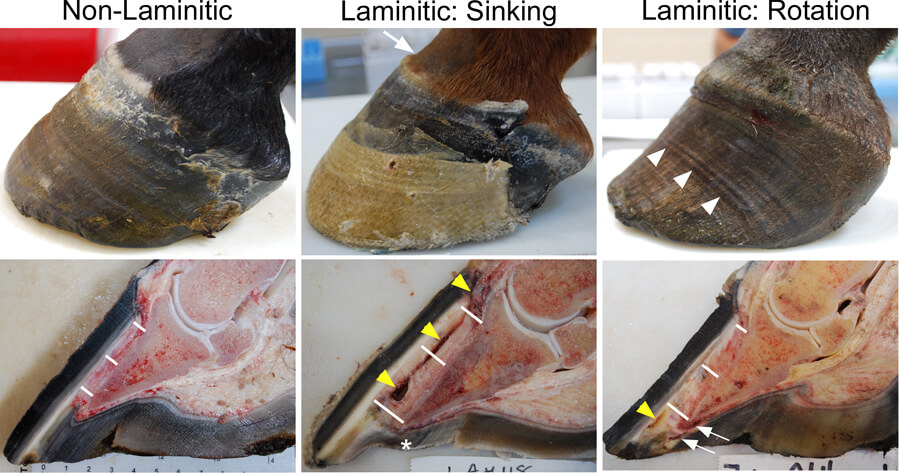
Clydesdale horses are also susceptible to laminitis , a condition of hoof lamina. Laminitis has many causes, but the most common is sugar and starch overloading by eating certain types of food, particularly too much grass, or consuming excessive grain. Horses that are overfed or fed a diet with inadequate calcium: phosphorus ratio over time may develop a variety of growth and orthopedic disorders, including osteochondrosis (OCD), angular limb deformities (ALD) and other conditions grouped under the common term contracted tendons. If not properly treated, damage can be permanent.
, a condition of hoof lamina. Laminitis has many causes, but the most common is sugar and starch overloading by eating certain types of food, particularly too much grass, or consuming excessive grain. Horses that are overfed or fed a diet with inadequate calcium: phosphorus ratio over time may develop a variety of growth and orthopedic disorders, including osteochondrosis (OCD), angular limb deformities (ALD) and other conditions grouped under the common term contracted tendons. If not properly treated, damage can be permanent.
Nonetheless, they can be handled if detected in time, provided adequate veterinary treatment, and any unsafe feeding practices are corrected. Adult horses with an unhealthy diet can also experience a variety of metabolic problems.
A Similar Article You May Love
Healthy Clydesdale – What to feed your Clydesdale?
Foods You Can Not Feed Your Clydesdale Horse
Although we all know that a balanced diet is important for a horse’s well-being, there is nothing wrong with spoiling them with a special treat now and then. Apples, sugar cubes, and peppermints are favorites of riding horses. There is obviously a long list of other human treats that you can easily share with your best friend in the equine. But at the same time, understanding that not all foods are safe for horses is necessary as some are toxic to horses.
Let’s have a look at the Clydesdale food that you should avoid while feeding your horse:-
1. Tomatoes
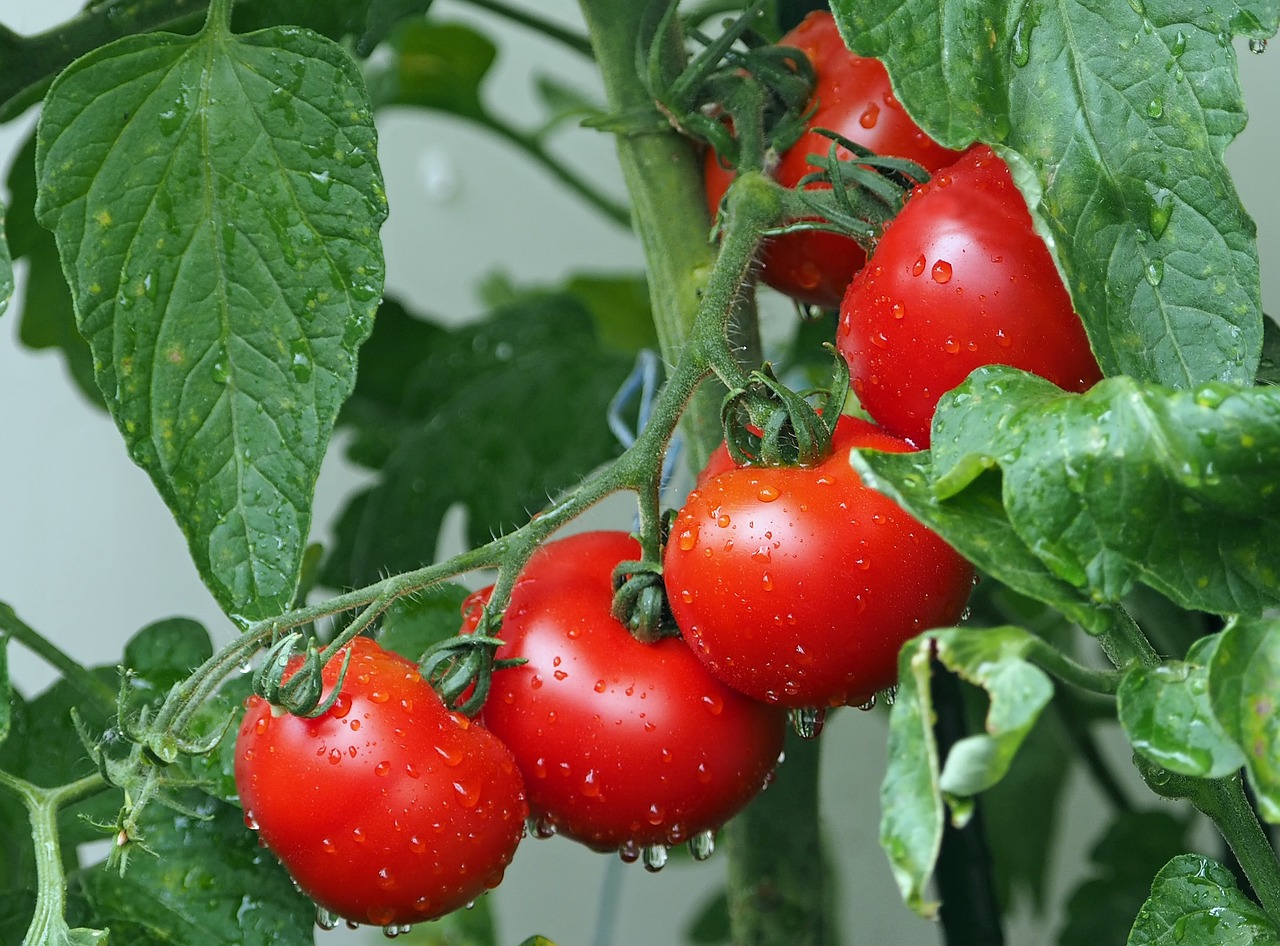
Being a member of the toxic plant family Solanaceae, tomatoes are linked to deadly nightshade horsenettle and other toxic plants, all containing tropane alkaloids. The green leafy sections of the tomato plant contain atropine, which slows down the gut’s processing and may cause colic. The tomato fruit itself produces hyoscyamine, which raises the heart rate, reduces the development of saliva and intestinal motility, and causes extreme constipation and diarrhoea that can pose life-threatening consequences to Clydesdale horses.
2. Onions & Garlic
Along with leeks, shallots, and chives, onions and garlic are part of the family Allium, which are toxic to horses if they ingest it. This family of plants contains the chemical N-propyl disulfide, which damages the red blood cells and can lead to anemia.
3. Chocolate
Horses never should eat chocolates, just like dogs. It can be lethal in large amounts and can cause unpleasant health issues even at small concentrations. It is a chemical called theobromine, which is responsible for all the chocolate problems. Chocolate can increase heart rate, restlessness, muscle tremors, and diarrhea, as with caffeine. There’s a chance that you feed your chocolate before tournaments, as seen in the drug tests, and you’re disqualified.
4. Meat

Horses are herbivores, which means that their bodies are designed primarily to eat and consume plants. They do not have the process of eating the meat; it can cause severe nutritional issues. Although meat is not part of a daily diet for a horse, it doesn’t always stop them from getting bites. Many horses seem to love the taste of meat and may snatch a hot dog out of its owner’s hand. We don’t know we will later regret the decision, so it’s your responsibility to stay alert.
5. Rhubarb
When you grow rhubarb in your backyard; note that it’s not suitable for horses, not to mention a lot of other species. The bitter-tasting leaves contain a high amount of calcium oxalate, which is bad for the digestive system and can often lead to serious kidney damage, kidney failure, and death. Rhubarb stems are not as harmful, but it’s best to avoid this plant altogether. When you feed your horse’s rhubarb, be prepared for a visit to the doctor.
6. Potatoes
As another member of the toxic Solanaceae plant family, you should not feed your horse with potatoes, particularly raw ones, but all types should be avoided. The greatest risk is green or rotten potatoes because their chemical composition can lead to toxicity. Therefore, if consumed entirely, it can be a big risk.
7. Cabbage, Broccoli & Cauliflower
As members of the cruciferous family, all of these foods contain a sugar called raffinose, which causes intestinal gas. Although some gas is not a big concern for us as humans, horses may suffer from extreme abdominal pain caused by gas-related colic. In extreme situations, the overconsumption of these vegetables may be fatal.
8. Avocado
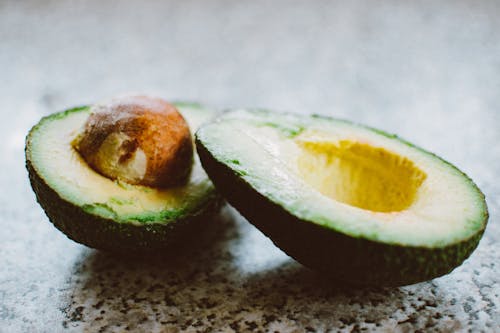
This fatty fruit is perfect for toast and even pizza, but it’s not that good for the barn. Avocados contain a form of fatty acid called persin, which is harmful to horses and other animals. Even small quantities can cause symptoms, including erratic heartbeat, respiratory failure, colic, and edema, and animals will die in extreme cases. Any part of the avocado, including the fruit, leaves, and even the avocado tree’s bark, is toxic to horses. Never encourage your Clydesdale or horse to graze in places where avocados grow, and never feed your horse with a bite of avocado.
9. Lawn Clippings & Compost
Horses eat only new, fresh grass while they graze crops. The moment grass is cut, the fermentation cycle begins. It is continued to ferment and spread in the stomach of the horse after eating, a cycle that normally starts only when the grass goes much further into the digestive system of the horses. Such growth can cause colic and can also probably split the stomach of the horse. Several plants can be lethal for them if eaten, and these can easily be hidden in garden waste.
10. House plants
Many home plants are harmful to horses and, depending on the species, can lead to diarrhoea, renal failure, liver damage, colic, and even death. If you are not intentionally feeding your horses on rhododendrons or fog bulbs, be aware that they have no access to live or discarded plants.
11. Fruit seeds and pits
Some of the fruits you find in the produce section or stand on the roadside are good for your horse to eat, but you have to extract the pits. Pitted fruits like peaches and plums have harsh seeds in the middle that there are possible hazards to choke. Many of those seeds also contain dangerous toxins. Your best choice is to always cut the pit before feeding a tasty fruit to your horse.
12. Bread
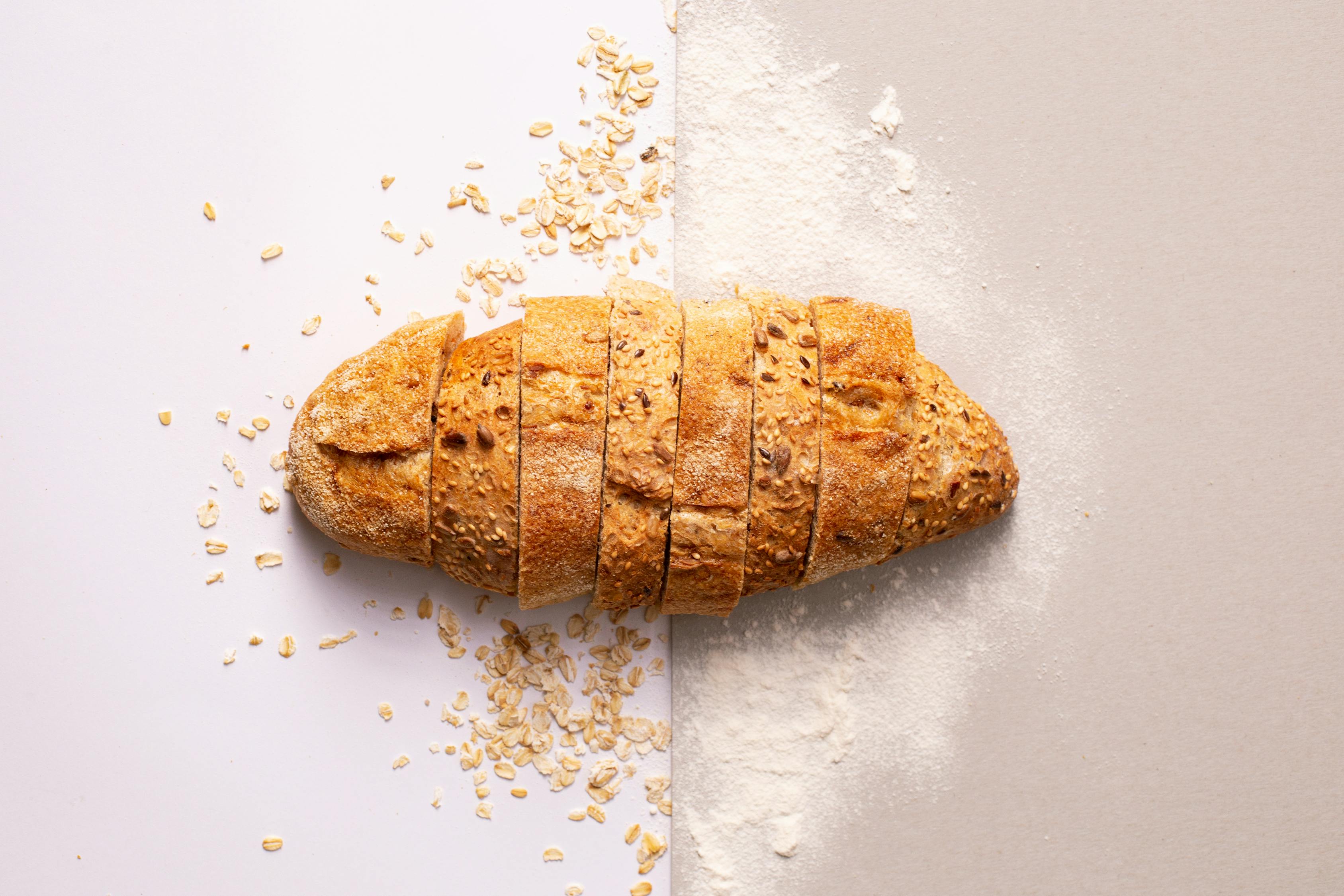
Many people claim that bread is a way of helping a horse to gain weight, but the dangers are much greater than those of a potential benefit. Bread is difficult to digest, as a starch, for horses. This may cause blockages, leading to colic eventually. Bread is especially dangerous to horses with equine metabolic syndrome or resistance to insulin, Veterinary Partner says. It can lead to laminitis and founder.
13. Dog and Cat Food
Let’s hope you don’t feed your horse dog or cat food on purpose, but it’s not uncommon for a curious and hungry horse to dive into the barn cat’s food bowl. A lot of dry kibble includes grain products, and can even look similar to horse feed, but you can’t blame it. A few bites might not harm your horse, but you don’t want to make it part of their daily diet. Pet foods contain meat that has no place in equine nutrition. Make sure to keep your dog and cat food out of the reach of your horse.
14. Buttercups
Always prefer to ignore buttercups in pastures. Yet the horses know that they don’t sleep well. Horses normally graze around the pretty yellow flowers, realizing instinctively that they can irritate the mouth and cause both colic and stomach disorder. Buttercups often end up in the hay, and they’re harmless in this dry shape. Nonetheless, learning about the possible danger is useful when you are curious to feed your horse with butter cups.
15. Dairy Products
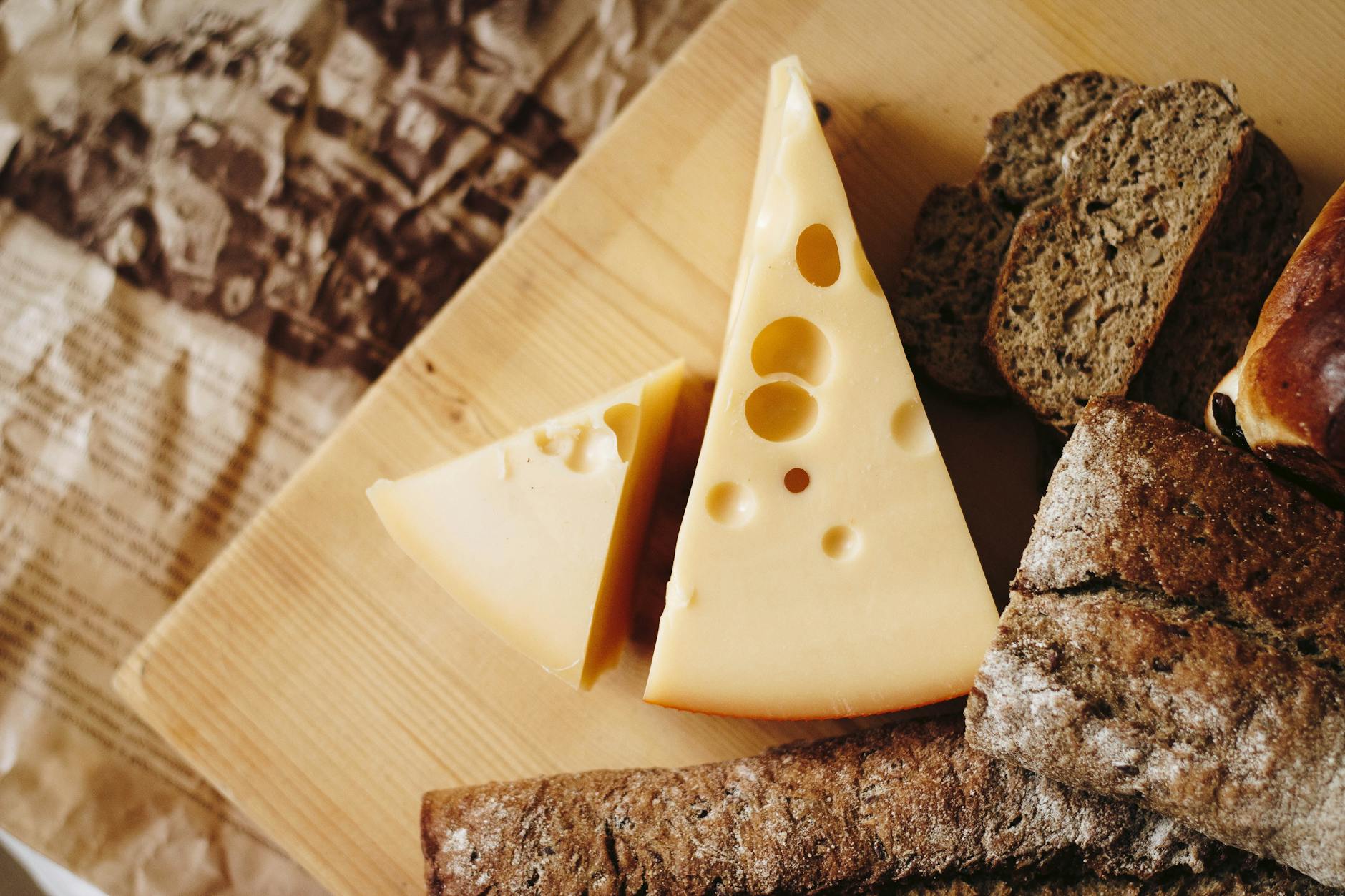
Many supplementary feeds for horses include dehydrated skim milk, dried whey, or cheese rind. Still, in general, horses are not safe with dairy products. Consumption of large quantities of lactose can cause severe digestive distress. Horses don’t have the necessary digestive enzymes to consume lactose. You should always avoid dairy products like milk, cheese, yogurt, and ice cream.
Common Horse Feeding Mistakes That You Need To Avoid
To help you avoid the most common feeding pitfalls , here are the solutions to all the problems. If you notice any of these practices in this list, take heart: A fix is usually readily accomplished. A nutritionally balanced diet is important for the fitness, welfare, and performance of your horse. Let’s look at the most rising horse feeding mistakes you should avoid to your Clydesdale horse’s advantage.
, here are the solutions to all the problems. If you notice any of these practices in this list, take heart: A fix is usually readily accomplished. A nutritionally balanced diet is important for the fitness, welfare, and performance of your horse. Let’s look at the most rising horse feeding mistakes you should avoid to your Clydesdale horse’s advantage.

- Not giving an appropriate diet
- Over-feeding or under-feeding
- Failing to offer salt
- Too many treats
- Paying too little attention to forage
- Offering too little free-choice fresh water
- Feeding by volume rather than weight
- No feeding routine
- Sudden feed change
- Too many unnecessary supplements
- Not providing the appropriate amounts and balance of vitamins and minerals
- Not enough roughage
Conclusion
Everyone enjoys a treat now and again & so do our horses. Obviously anything a Clydesdale can’t eat any horse cant either. We often give our horses treats to praise for good work or encouragement while training, and that’s fine. It’s nice to reward your horse now and then, but there are certain Clydesdale food and horse food you should avoid while feeding your horse as it can be toxic to horses.
Food should always be provided in a balanced diet. Too much feeding your horse may have a serious impact on their carefully balanced diet. Treats remain only treats when they are served very little and not regularly. Hopefully, the above key points will help you avoid all the mistakes while feeding your Clydesdale horse.
More Interesting Posts To Read
Basic Tips Of Training a Draft Horse – Clydesdale Training
All You Need To Know About The Budweiser Clydesdale Farm
Recent Posts
Mastering English Dressage: Tips and Techniques Complete Guide 101
Introduction English dressage is an equestrian sport that involves precise movements and commands between a dressage horse and its rider. It is a graceful, beautiful art form that requires skill...
Introduction Are you looking to learn more about western dressage, the art of horse dressage? If so, you've come to the right place. In the previous blog we looked at Western vs English Dressage,...
